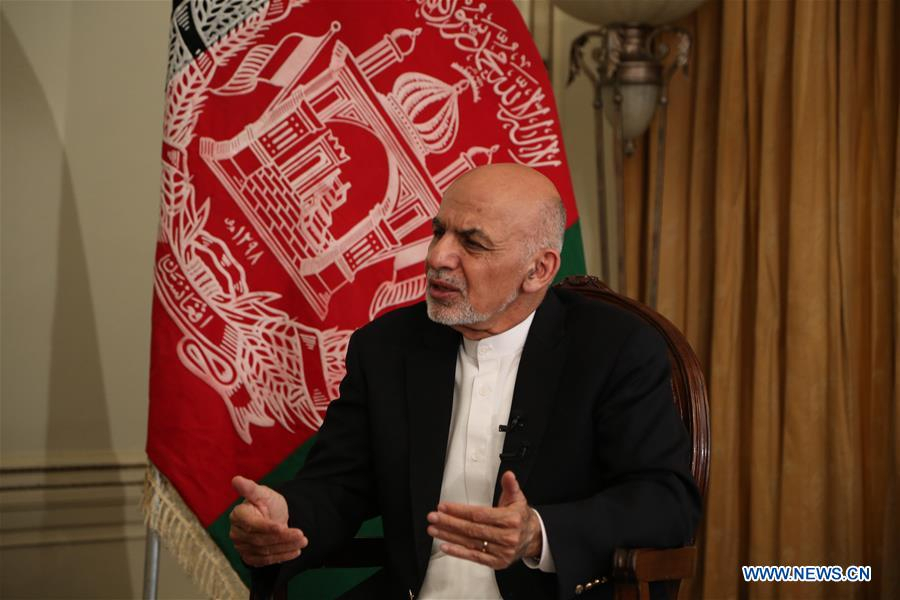

A series of formal and informal meetings, activities and bilateral discussions, with agreements and declarations announced, the annual Shanghai Cooperation Organization Summit (SCO) concluded on June 15 in Kyrgyz capital city Bishkek.
Against the backdrop of growing uncertainties worldwide, many expect the SCO to further consolidate multi-dimensional cooperation and pool efforts to create a shared future of security and prosperity for all countries in the region.
He Wenping from Chinese Academy of Social Sciences introduced that since its origin, the SCO has been primarily centered on member states’ security concerns and aims to counter three main threats – terrorism, separatism and extremism. Thanks to the fruitful cooperation that includes military drills and intelligence sharing, many of the malicious attacks in the region have been prevented and contained.
Atul Aneja, Associate Editor of The Hindu, thinks that even though the mechanism within the SCO has kept the security threats in check, we can’t let our guard down, especially around the borders of Afghanistan and drug routes across Central Asia and Iran.

Afghan President Mohammad Ashraf Ghani said that SCO is an important platform for anti-terrorism cooperation in an interview with Xinhua News Agency in Kabul, Afghanistan, June 7, 2018. /Xinhua Photo
Fortunately, according to Aneja, the SCO provides a platform for its member states to share security-related information. For instance, after India and Pakistan joined the SCO in 2017, the two countries have shared intelligence on terrorism activities that was kept from each other before.
“So I think it’s a great thing that India and Pakistan are there despite the relationship not being what ideally it should be, but because of the presence I think it’s helpful that the two countries are in a way forced to interact with each other, are forced to have a dialogue with each other, which itself can build confidence,” said Aneja.
He also believes that in the long term, India and Pakistan are bound to overcome their differences because there are complementarities, as well as compulsory reasons on economic and security points of view.
Besides security, both He and Aneja mentioned that with the introduction of the Belt and Road Initiative, there has been more economic and diplomatic cooperation among the members in recent years.
Aneja pointed out that under the BRI framework new connectivity nodes have been created that serve twin purposes in both economic development and fighting terrorism.
Aneja recognized that the projects proposed under the BRI have improved different dimensions of connectivity in the region, but he reminded that China needs to be culturally sensitive over these projects due to multiple parties' cultural inludence in Central Asia regions.
(If you want to contribute and have specific expertise, please contact us at opinions@cgtn.com.)

Copyright © 2018 CGTN. Beijing ICP prepared NO.16065310-3
Copyright © 2018 CGTN. Beijing ICP prepared NO.16065310-3